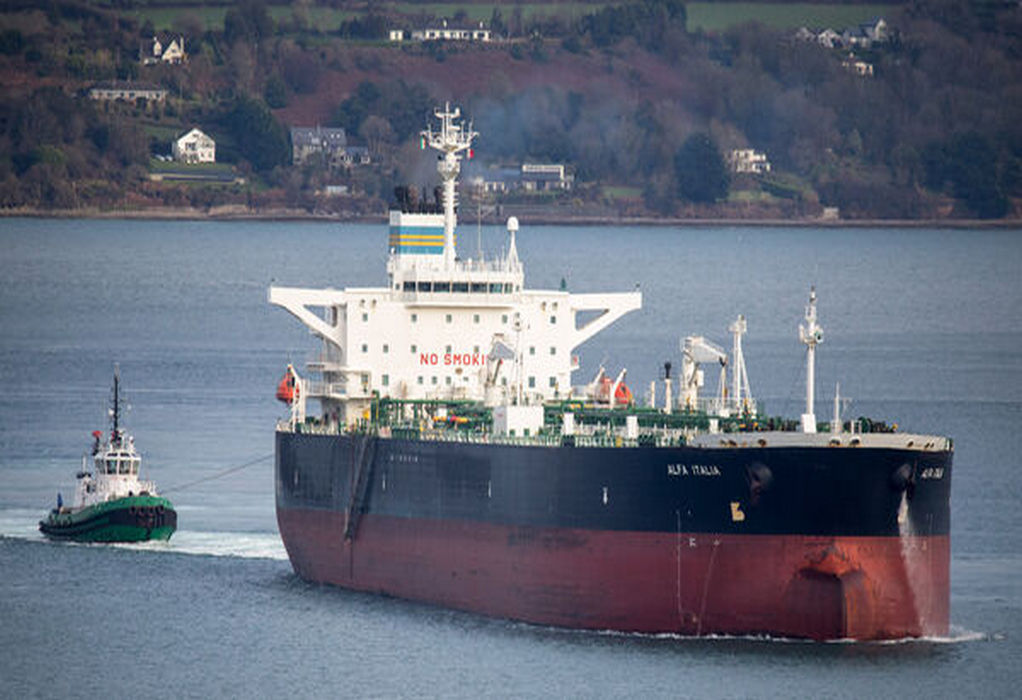NYK and Japan Marine United Corporation (JMU) have joined forces to develop a method for estimating a ship’s performance in actual seas before construction is completed.
The aim of the two companies is predict a vessel’s performance in actual seas before the conclusion of a shipbuilding contract and aid in the reduction of GHG emissions by procuring highly fuel-efficient vessels.
In conventional shipbuilding contracts, the guaranteed speed is set and agreed based on the relationship between the ship’s speed and horsepower in calm waters, and the shipyard and shipping company mutually confirm the guaranteed speed during sea trials in the final phase of construction.
However, since actual voyages are strongly affected by waves and winds, the guaranteed performance in calm seas deviates significantly from the performance in actual seas.
NYK and JMU introduced a clause guaranteeing ship performance in actual seas in a shipbuilding contract in September 2020 and have been working to verify performance in actual seas.
The partners recently completed verification of a vessel’s propulsive performance in wind and wave conditions in actual seas.
The companies selected two new VLCCs designed and built at JMU as target vessels and collected data on vessel speed, main engine horsepower, wind direction, wind speed, for one year from the delivery of the vessels in 2022.
Tags: GHG, JMU, NYK, Ship Performance



Recent Posts
Babcock’s LGE Business Secures Contract for Marine Ammonia Fuel System to Advance Shipping Decarbonisation
Associated Terminals Deploys Liebherr’s All-Electric Cranes in Landmark Move Toward Cleaner Cargo Handling
Sanmar delivers fully electric emissions-free tug to major global operator Svitzer
Kolkata Dock deploys first-ever electric mobile cranes
ONGC orders two ethane carriers from Mitsui O.S.K. Lines
IndianOil to Commission India’s Largest Green Hydrogen Plant by 2027
IMI Greater Noida Signs MoU with IME (I) to Launch A New Student Chapter
GCMD Completes World’s First Pilot Demonstrating Full Carbon Value Chain from Ship-Captured CO2 in China